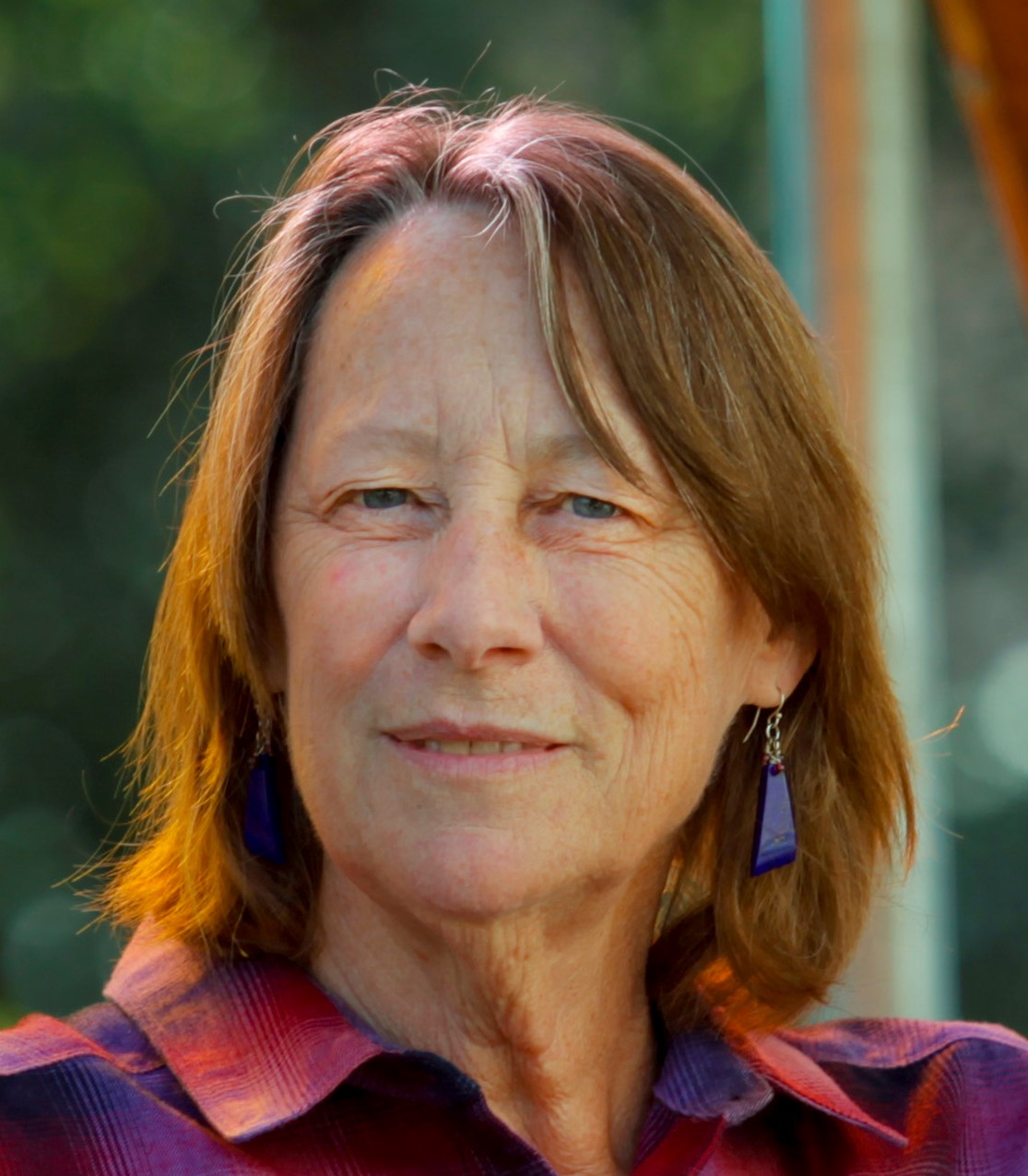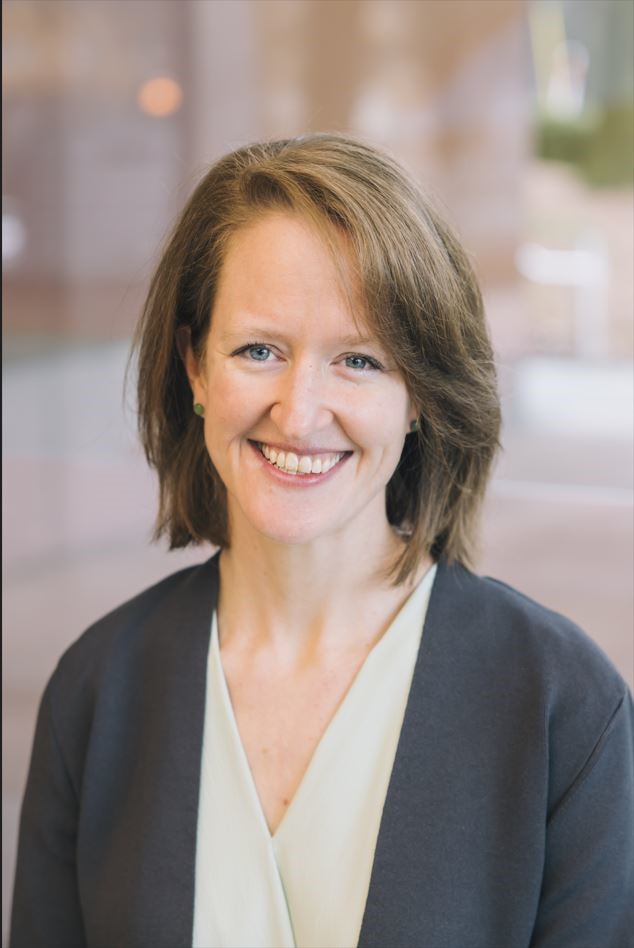> Workforce Requirements in Home Electrification and Decarbonization
Abstract
The successful transition to home electrification and decarbonization is important for meeting climate goals and reducing greenhouse gas emissions. However, the current workforce presents challenges to support this shift, with a notable shortage of skilled construction workers capable of delivering high-quality, energy-efficient retrofits. This shortage presents a barrier to scaling up electrification and decarbonization efforts in residential buildings. This presentation delves into the urgent need for workforce development in this sector, examining the emerging job opportunities, skill deficits, and training programs required to support a clean energy transition. Through case studies and recent research, it will highlight how policies, industry collaborations, and educational initiatives can bridge the skills gap, fostering a workforce capable of driving home electrification. The discussion will also explore how workforce development can promote equitable access to employment opportunities, ensuring that the journey toward cleaner energy solutions not only achieves environmental sustainability but also contributes to economic growth. Attendees will gain valuable insights into strategic approaches for cultivating a workforce equipped to advance residential decarbonization and electrification, contributing to a more resilient and sustainable future.
Speakers
Ann Edminster - Consultant and Author
 Ann Edminster is a pioneering green building consultant currently laser-focused on the transition to a climate-stable culture. Trained as an architect, she facilitates design teams, coaches other building practitioners, does research, teaches, and develops education programs designed to elevate skills and knowledge within the building industry. She has authored two books, the award-winning Energy Free: Homes for a Small Planet, and Efficient Wood Use in Residential Construction: A Practical Guide to Saving Wood, Money, and Forests (a cult classic). She has also contributed to several other books as well as having written numerous articles, papers, and blogs (her own blog is at https://annedminster.com/blog-archive/).
Ann Edminster is a pioneering green building consultant currently laser-focused on the transition to a climate-stable culture. Trained as an architect, she facilitates design teams, coaches other building practitioners, does research, teaches, and develops education programs designed to elevate skills and knowledge within the building industry. She has authored two books, the award-winning Energy Free: Homes for a Small Planet, and Efficient Wood Use in Residential Construction: A Practical Guide to Saving Wood, Money, and Forests (a cult classic). She has also contributed to several other books as well as having written numerous articles, papers, and blogs (her own blog is at https://annedminster.com/blog-archive/).
Carlos Martin - Director of the Remodeling Future Program at Joint Center for Housing Study (Harvard)
 Carlos Martín is Director of the Remodeling Futures Program, a Lecturer at the Graduate School of Design, and has over 25 years of experience researching housing technology and the physical quality of existing homes. Dr. Martín's research on housing adaptation to climate change, housing decarbonization, disaster mitigation and recovery, substandard housing, construction innovation, and the construction workforce connects the bricks-and-mortar of existing housing to its social outcomes. Carlos came to the Center from the Urban Institute, where he was a senior fellow. Previously, he was an assistant staff vice president for construction codes and standards at the National Association of Home Builders, SRP professor for energy and the environment at Arizona State University, and coordinator for the US Department of Housing and Urban Development's Partnership for Advancing Technology in Housing. Carlos is a fellow at the Brookings Institution and serves on several National Academy of Science committees. He has previously served on advisory boards for HUD, EPA, and FEMA. Carlos received his BSAD in architecture from the Massachusetts Institute of Technology and his MEng and PhD degrees in civil and environmental engineering from Stanford University.
Carlos Martín is Director of the Remodeling Futures Program, a Lecturer at the Graduate School of Design, and has over 25 years of experience researching housing technology and the physical quality of existing homes. Dr. Martín's research on housing adaptation to climate change, housing decarbonization, disaster mitigation and recovery, substandard housing, construction innovation, and the construction workforce connects the bricks-and-mortar of existing housing to its social outcomes. Carlos came to the Center from the Urban Institute, where he was a senior fellow. Previously, he was an assistant staff vice president for construction codes and standards at the National Association of Home Builders, SRP professor for energy and the environment at Arizona State University, and coordinator for the US Department of Housing and Urban Development's Partnership for Advancing Technology in Housing. Carlos is a fellow at the Brookings Institution and serves on several National Academy of Science committees. He has previously served on advisory boards for HUD, EPA, and FEMA. Carlos received his BSAD in architecture from the Massachusetts Institute of Technology and his MEng and PhD degrees in civil and environmental engineering from Stanford University.
Meghan McNulty - Building Systems Engineer at PNNL
 Meghan McNulty is a Building Systems Engineer in the Building Systems group at Pacific Northwest National Laboratory (PNNL). She focuses on enabling existing building retrofits for improved occupant health and energy efficiency. Meghan manages the Department of Energy’s Energy Skilled™ program for PNNL, which recognizes contractor training programs that prepare the workforce for the clean energy transition. Her research projects include evaluating technologies for reduced airborne disease transmission and understanding human factors in controls adoption. A former consulting engineer, Meghan has over a decade of experience advising commercial building owners and operators on energy use, indoor air quality, and decarbonization. She is a voting member of ASHRAE committees for Standard 241, Control of Infectious Aerosols and Standard 62.1, Ventilation and Acceptable Indoor Air Quality; and is past chair of Technical Committee 4.3, Ventilation. Meghan is a registered Professional Engineer (PE) in Georgia and a LEED Accredited Professional for Operations and Maintenance. She holds a BS in Mechanical Engineering from Princeton University and a MEng in Mechanical Engineering from Virginia Tech.
Meghan McNulty is a Building Systems Engineer in the Building Systems group at Pacific Northwest National Laboratory (PNNL). She focuses on enabling existing building retrofits for improved occupant health and energy efficiency. Meghan manages the Department of Energy’s Energy Skilled™ program for PNNL, which recognizes contractor training programs that prepare the workforce for the clean energy transition. Her research projects include evaluating technologies for reduced airborne disease transmission and understanding human factors in controls adoption. A former consulting engineer, Meghan has over a decade of experience advising commercial building owners and operators on energy use, indoor air quality, and decarbonization. She is a voting member of ASHRAE committees for Standard 241, Control of Infectious Aerosols and Standard 62.1, Ventilation and Acceptable Indoor Air Quality; and is past chair of Technical Committee 4.3, Ventilation. Meghan is a registered Professional Engineer (PE) in Georgia and a LEED Accredited Professional for Operations and Maintenance. She holds a BS in Mechanical Engineering from Princeton University and a MEng in Mechanical Engineering from Virginia Tech.
